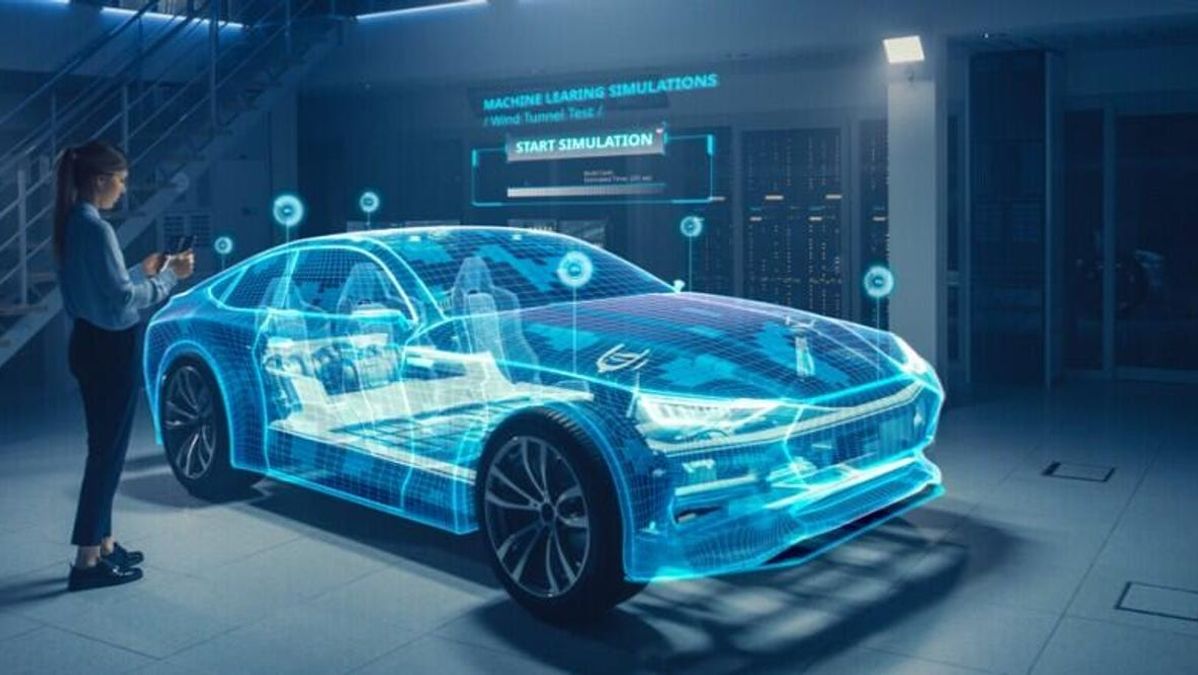
Digitalization Propels Automotive Industry Forward: A New Era of Innovation
The Fusion of Physical and Digital Realms
In the ever-evolving world of automotive technology, the integration of digitalization is revolutionizing the industry. Companies like NVIDIA are paving the way for this transformation, enabling their partners to harness the power of digitalization at every stage of the product lifecycle. By digitizing physical entities and running simulations in 3D, manufacturers can save both time and money in design and development. This shift towards digitalization not only enhances user experiences but also allows for low-cost simulations and rapid iteration.
The Role of Simulation in Autonomous Systems
One area where simulation has become particularly crucial is the development of autonomous systems. By validating their systems virtually, companies can ensure safety and efficiency while minimizing the need for physical testing. This enables a faster time-to-market and a more agile approach to product development.
“Software is becoming an increasingly important component in the value proposition for automakers,” said a leading industry expert.“
Collaboration and the NVIDIA Omniverse Experience
As the automotive industry continues to evolve, collaboration is more important than ever. The NVIDIA Omniverse experience is poised to play a significant role in this arena, allowing for simultaneous collaboration among global teams. By enabling real-time cooperation, companies can streamline their processes and bring innovative products to market faster.
Amidst this digital revolution, traditional automakers are also facing new challenges. The rise of Chinese electric cars poses a significant threat, even though they are not yet available for sale in the U.S. American automakers like Ford and General Motors are reevaluating their strategies and cutting budgets to stay competitive in the face of this ‘China offensive.’
The future of the automotive industry is being shaped by key trends such as electric vehicles, autonomous driving technology, connectivity, shared mobility services, sustainability practices, and data analytics. As companies invest in research and development to stay ahead, it’s clear that digitalization will continue to drive innovation and transformation in this rapidly evolving landscape.
Note: This article was written on February 15, 2024, and reflects the state of the automotive industry at that time.